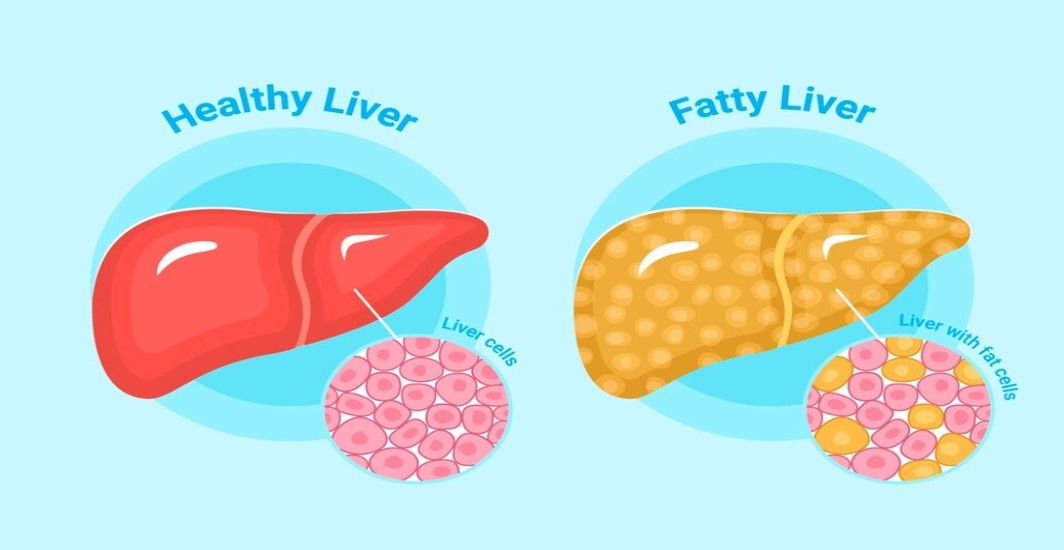Diabetes Management
Why good sleep is necessary to keep lifestyle diseases at bay
5 min read
By Apollo 24/7, Published on - 10 November 2020, Updated on - 11 December 2023
Share this article
6
0 like

Lifestyle diseases associated with poor sleep
Obesity
Increased production of cortisol (stress hormone)
Increased secretion of insulin which regulates glucose metabolism and promotes fat storage
Lowered levels of another hormone known as leptin that helps regulate energy balance by inhibiting hunger and reducing the fat storage
Higher secretion of ghrelin, a hunger-stimulating hormone which increases food cravings.
Heart diseases
Hypertension - High blood pressure is one of the leading risk factors for heart disease and stroke. While blood pressure reduces during normal sleep, inadequate sleep keeps the blood pressure high for a longer duration. Over time, insufficient sleep makes the body lose its ability to regulate stress hormones leading to high blood pressure.
Higher levels of inflammation - Inflammation is a well-known risk factor for heart disease and stroke. A protein called CRP (C-reactive protein) that is released during stress and inflammation is elevated in sleep-deprived individuals.
- A higher heart rate is observed in sleep-deprived individuals, which indicates heightened stress that affects heart health.
People with sleep disorders such as obstructive sleep apnea wake up several times each night as it affects the ability to breathe during sleep. It happens due to an obstruction in the airways and affects the amount of oxygen circulated when one is asleep. This is related to an increased risk of high blood pressure, heart attack, and stroke.
Insomnia, a condition in which individuals have trouble falling asleep or staying asleep, is linked to high blood pressure, a major risk factor for heart diseases.
Diabetes
When a person goes into a deep sleep, the activity of the nervous system goes down, and the brain needs less glucose. Also, there is an increase in the production of growth hormones and a decrease in the stress hormone. Inadequate sleep impairs glucose regulation in the body and increases stress hormone.
Lack of sleep may also increase cravings for high-fat and high-sugar foods that lead to diabetes over time.
Poor sleepers also tend to consume more calories later in the day. This disrupts the circadian rhythm, the internal process which regulates the sleep cycle, leading to weight gain and impaired levels of insulin and blood glucose.
In people with sleep apnea, lack of oxygen causes stress which induces the release of glucose into the bloodstream. Over time, the individual can develop insulin resistance resulting in type 2 diabetes.
Tips to sleep better
- Try going to sleep at the same time every day and follow the same for waking up. Ensure that this routine is maintained on all the days including weekends.
- Consume light meals instead of heavy ones before bedtime. Avoid consumption of alcohol before going to bed.
- Refrain from using electronic devices with bright artificial light such as mobile phones, TVs, and laptops before bedtime.
- Substances such as caffeine (found in tea, coffee) and nicotine (found in cigarettes) can interfere with your sleep. Hence, it is best to avoid these substances before your sleep time.
- Regular physical activity can help you sleep better. However, strenuous exercise should be avoided at least a couple of hours before bedtime.
Conclusion
You can also try the Apollo 24|7 Diabetes Self-Management Tool to log your sugar values, track patterns, know all about food nutrition and more.
Diabetes Management
Leave Comment
Recommended for you

Diabetes Management
Prediabetic's Path to Healthier Living: Quiting Alcohol and Smoking
Managing prediabetes means taking control of your lifestyle choices. For those who consume alcohol or smoke regularly, now is the time to reconsider these habits. By moderating alcohol consumption and quitting smoking, you can improve your health and reduce the risk of progressing to type 2 diabetes.

Diabetes Management
Vision Troubles in Diabetes: Diagnosis and Treatment
Diabetes increases the risk of eye complications, but early detection and treatment can manage them effectively. Regular eye exams detect issues like macular edema, diabetic retinopathy, cataracts, and glaucoma. Diagnosis involves retinal imaging, comprehensive exams, visual acuity testing, and tonometry. Treatments include blood sugar control, medications, laser therapy, surgery, and lifestyle changes.

Diabetes Management
Fighting Diabetes and Fatty Liver Disease through a Healthy Lifestyle
Understanding the connection between diabetes and fatty liver disease can lead to better prevention and management strategies. By maintaining a healthy weight, eating balanced meals, exercising regularly, limiting alcohol intake and going for regular screenings, you can keep both conditions in check.
Subscribe
Sign up for our free Health Library Daily Newsletter
Get doctor-approved health tips, news, and more.
Visual Stories

8 Fruits That are Incredibly Healthy for Diabetes
Tap to continue exploring
Recommended for you

Diabetes Management
Prediabetic's Path to Healthier Living: Quiting Alcohol and Smoking
Managing prediabetes means taking control of your lifestyle choices. For those who consume alcohol or smoke regularly, now is the time to reconsider these habits. By moderating alcohol consumption and quitting smoking, you can improve your health and reduce the risk of progressing to type 2 diabetes.

Diabetes Management
Vision Troubles in Diabetes: Diagnosis and Treatment
Diabetes increases the risk of eye complications, but early detection and treatment can manage them effectively. Regular eye exams detect issues like macular edema, diabetic retinopathy, cataracts, and glaucoma. Diagnosis involves retinal imaging, comprehensive exams, visual acuity testing, and tonometry. Treatments include blood sugar control, medications, laser therapy, surgery, and lifestyle changes.

Diabetes Management
Fighting Diabetes and Fatty Liver Disease through a Healthy Lifestyle
Understanding the connection between diabetes and fatty liver disease can lead to better prevention and management strategies. By maintaining a healthy weight, eating balanced meals, exercising regularly, limiting alcohol intake and going for regular screenings, you can keep both conditions in check.